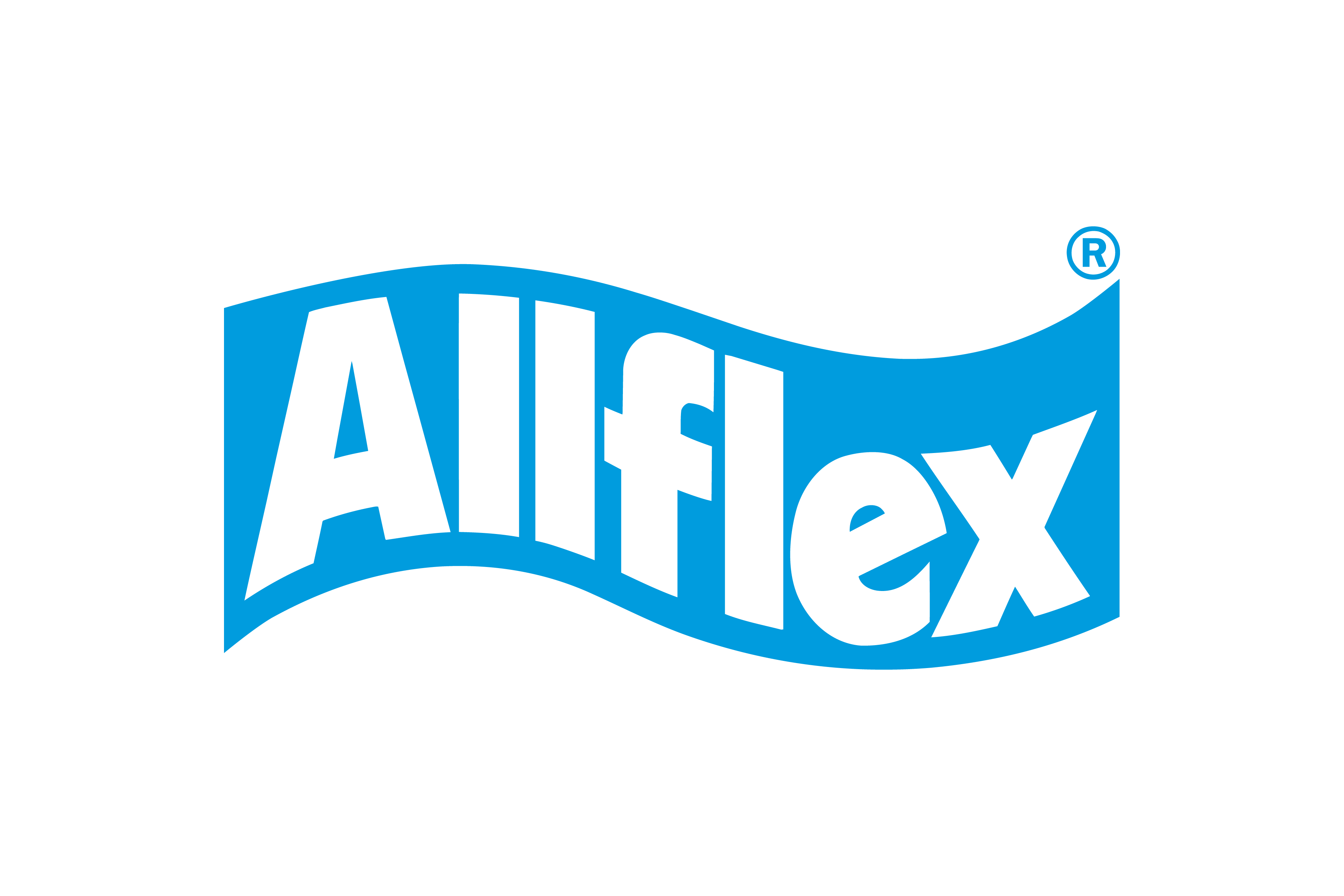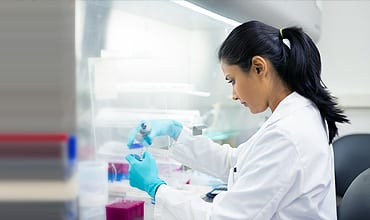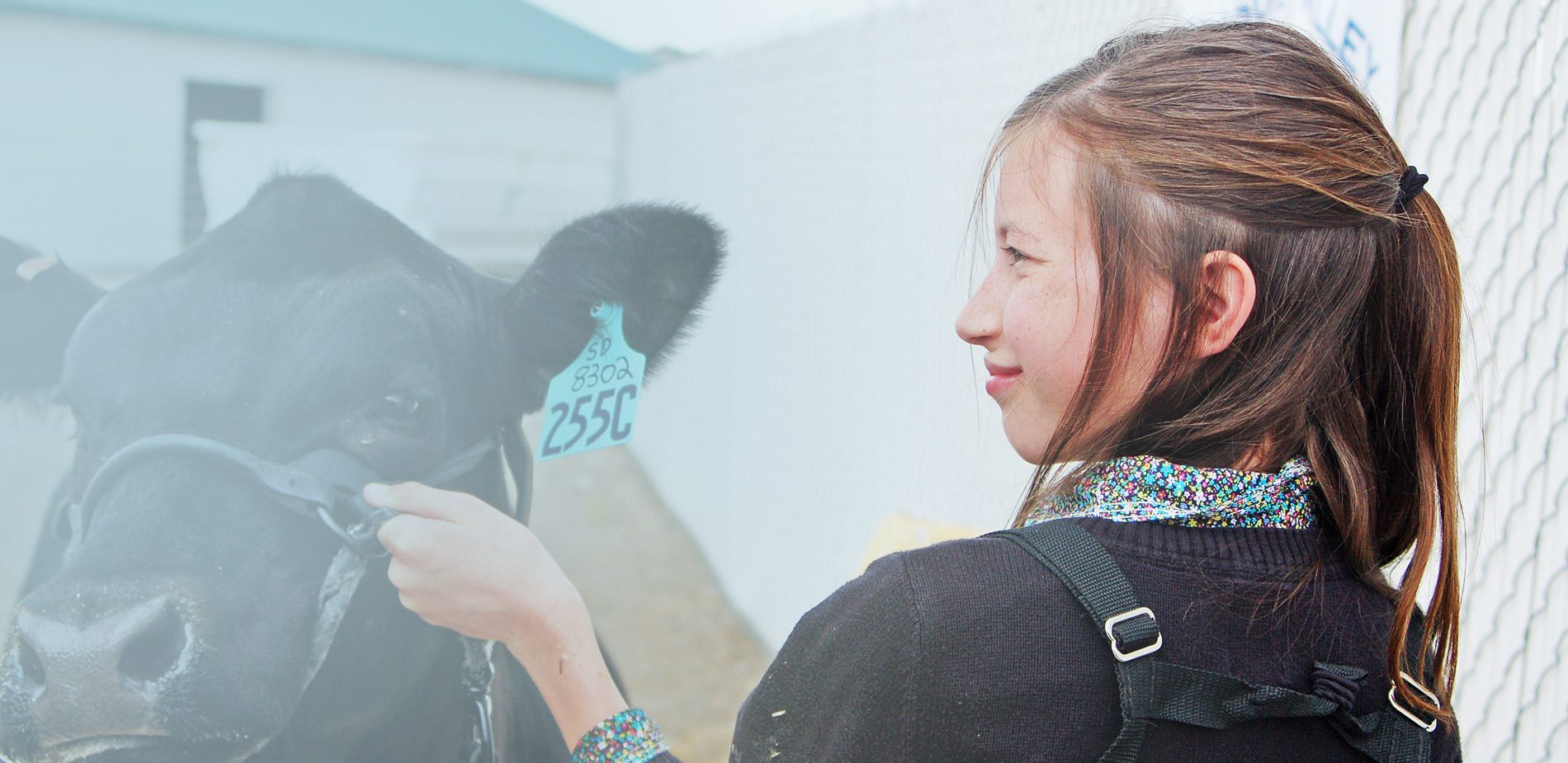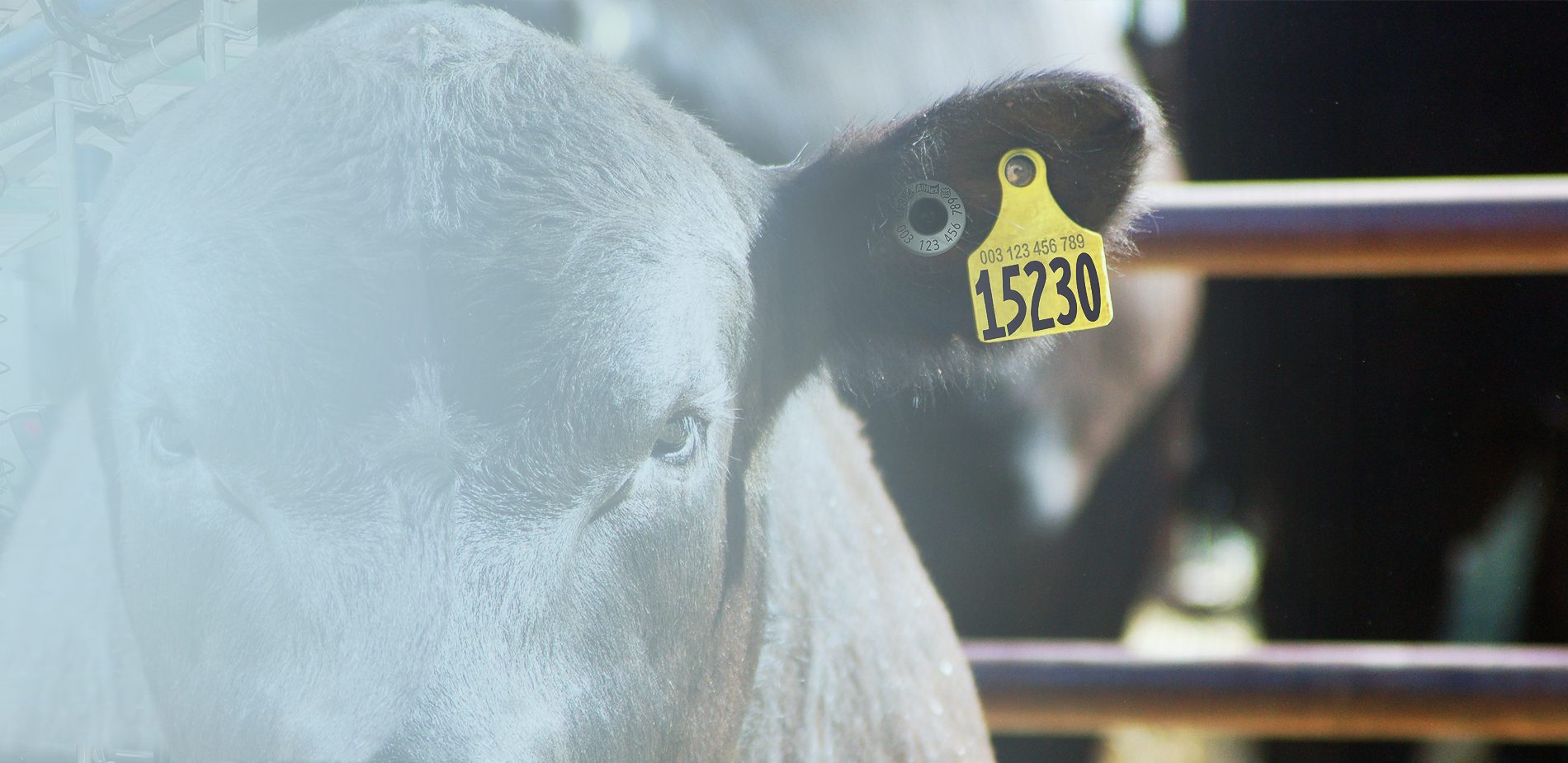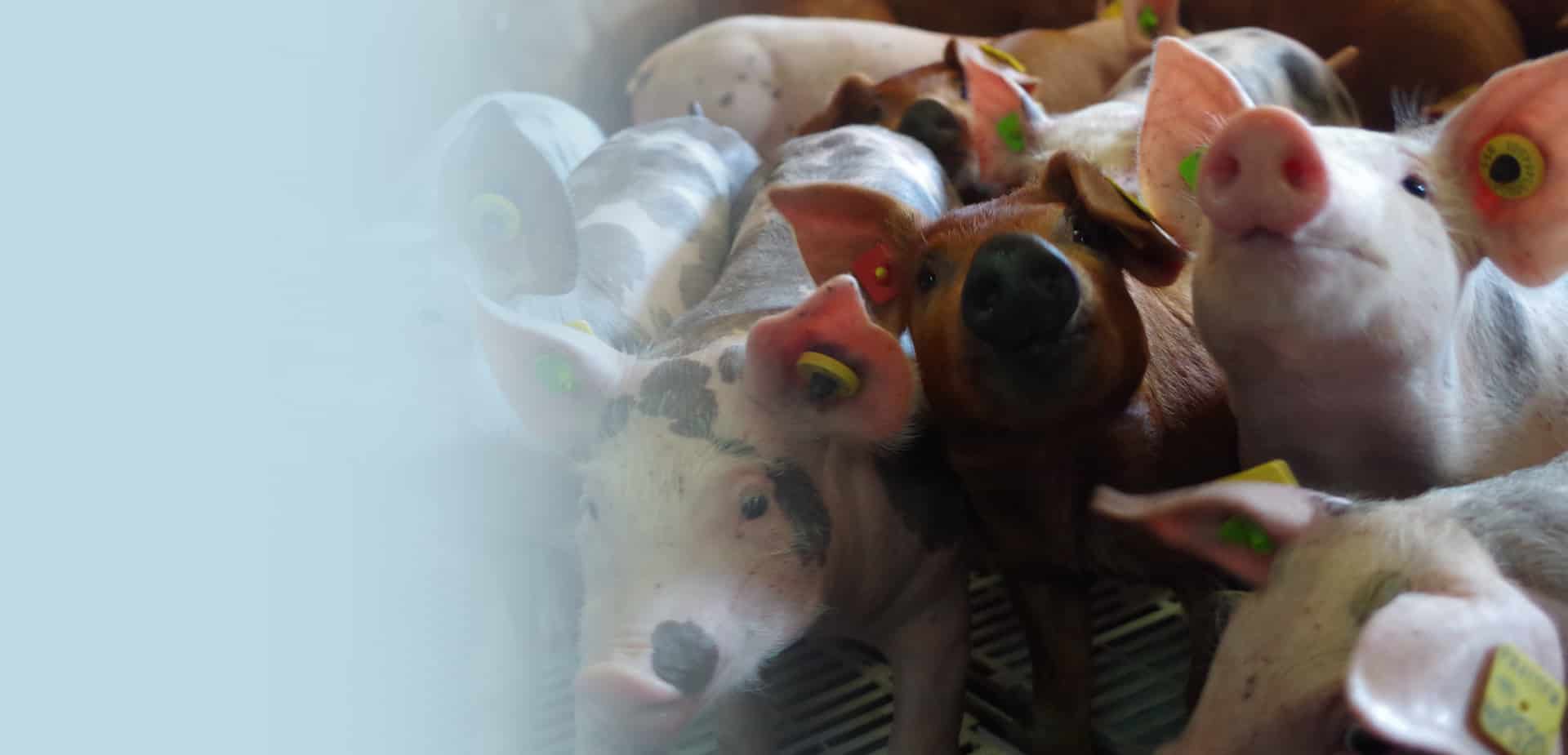
Leveraging electronic livestock identification and tissue sampling technologies, a pig breeder in Germany optimized its genetic breeding program and built a database with hereditary traits to improve breeding value accuracy. This integrated approach holds great value for almost any kind of livestock breeding.
The food production sector faces some significant challenges that we need to overcome to ensure a sustainable environment for future generations. The good news is that there are also some major technological breakthroughs that can help us solve these challenges.
This blog post focuses on the need to feed a growing global population with fewer resources, and how innovative technology solutions can help us overcome this challenge. More specifically, it looks at how a combination of such technologies – electronic livestock identification, tissue sampling, and genetic testing – can be used to create intelligent livestock breeding programs, which can help producers meet the increasing demand for animal protein in a more sustainable and animal-friendly way.
Breeding programs – then and now
Breeders have been using traditional methods to improve the genetic value of their livestock herds for decades. These methods involve observing and studying traits such as productivity, disease resistance, and longevity, recording them manually, and then using this information to select the best males and females to breed. While these methods yield positive results, the value is seen only after a very long time, as breeders need to wait for their animals to give birth to offspring before they can start gathering any relevant genotype information.
In more recent years, the development of tissue sampling technologies and single nucleotide polymorphisms (SNPs) has enabled livestock breeders to test the DNA of their animals almost immediately after birth. This means that they can start to identify favorable genetic traits at a much earlier stage, without having to wait for offspring to be born. This information can then be combined with the animal’s phenotype to quickly and more accurately calculate its breeding value.
Optimizing pig breeding operations with electronic identification and tissue sampling
A few years ago, a pig breeding operation in Germany started using a combination of Allflex Electronic Livestock Identification solutions and Tissue Sampling Tags (TSTs) to optimize its genetic breeding program. The company uses Allflex TSTs to test the genetic traits of its pigs almost immediately after they are born (3-4 days), without having to wait for them to have their first offspring. This information is collated with the animals’ EID information through digital QR codes on the tissue samples, and it enables the company to get a quick and more accurate breeding value for their animals. However, to increase the accuracy of this breeding value over time, it still needs to be verified against the animals’ phenotype.
This stage requires full collaboration between the breeding operation and the farmers it works with, as the latter need to regularly monitor their animals’ performance, record this information, and send it back to the breeding operation for collation. Here too, the use of EID, also known as electronic livestock identification, helps both parties to quickly and more easily exchange this information for specific animals, while eliminating the potential for error inherent to manual methods. This flow of information is essential to improving the accuracy of breeding value information, and has enabled our customer in Germany to build up a database with genetic and phenotype data to improve the accuracy of its breeding program over time.
To illustrate the value of this even farther, let’s look at an example. Pig #1 is 3 days old and the breeding company needs to know if it is a good pig to use for breeding in the future. In the past, the company would have had to wait until Pig #1 was ready to have its own offspring (about one year for boars and two years for sows) before getting a good phenotype. Today, after creating intelligent breeding programs that use electronic livestock identification, tissue sampling, and genetic testing technologies, the company can quickly and easily access information about many traits of the pig’s grandparents, parents, siblings, and even other pigs of the same breed, and accurately and more quickly determine whether to use it for breeding.
Allflex solutions help livestock breeders and farmers improve herd genetics
Allflex develops advanced electronic identification (EID) and tissue sampling solutions (TST) that help breeders and farmers improve herd genetics and other important aspects of their livestock management strategies. Designed for the specific needs of different animal species, Allflex EID solutions are based on RFID and offer optimal application, retention, and read rate results.
Allflex tissue sampling solutions include varied animal-friendly tags and units for the easy and cost-effective taking of biopsies from the ears of cattle, sheep, swine and other species. These self-contained and pre-labeled samples have unique 2D barcodes so that they can be seamlessly linked to other identifiers. Information from these samples can reveal the health status of individual animals, provide predictive genomic insight that empowers intelligent decision-making, and support national disease eradication programs.
Contact us for more information
"*" indicates required fields
